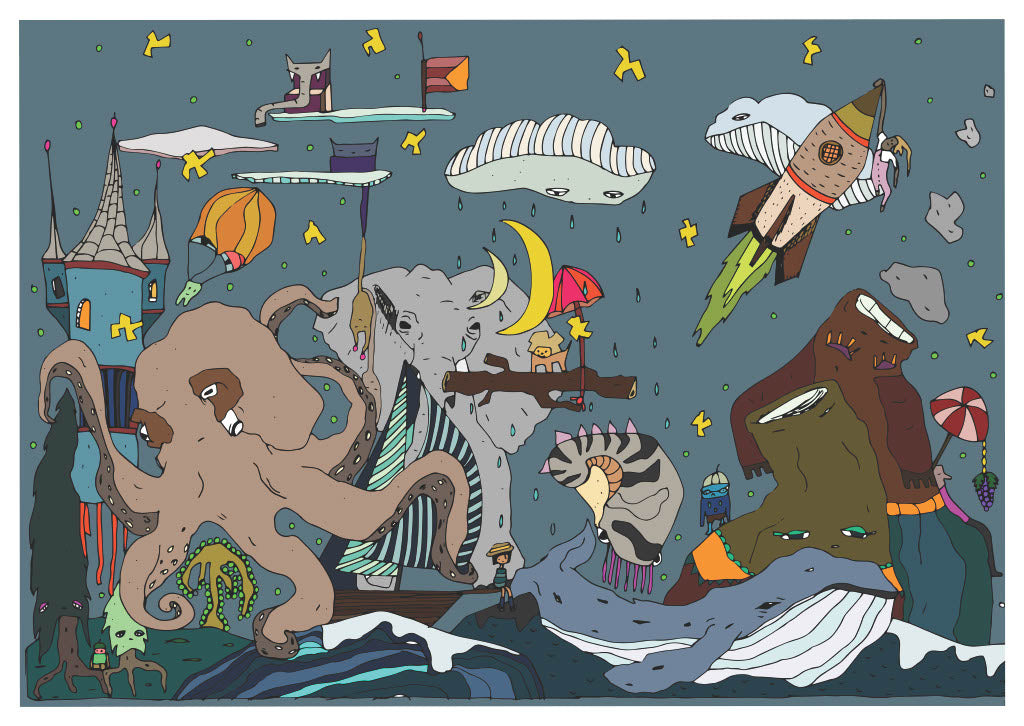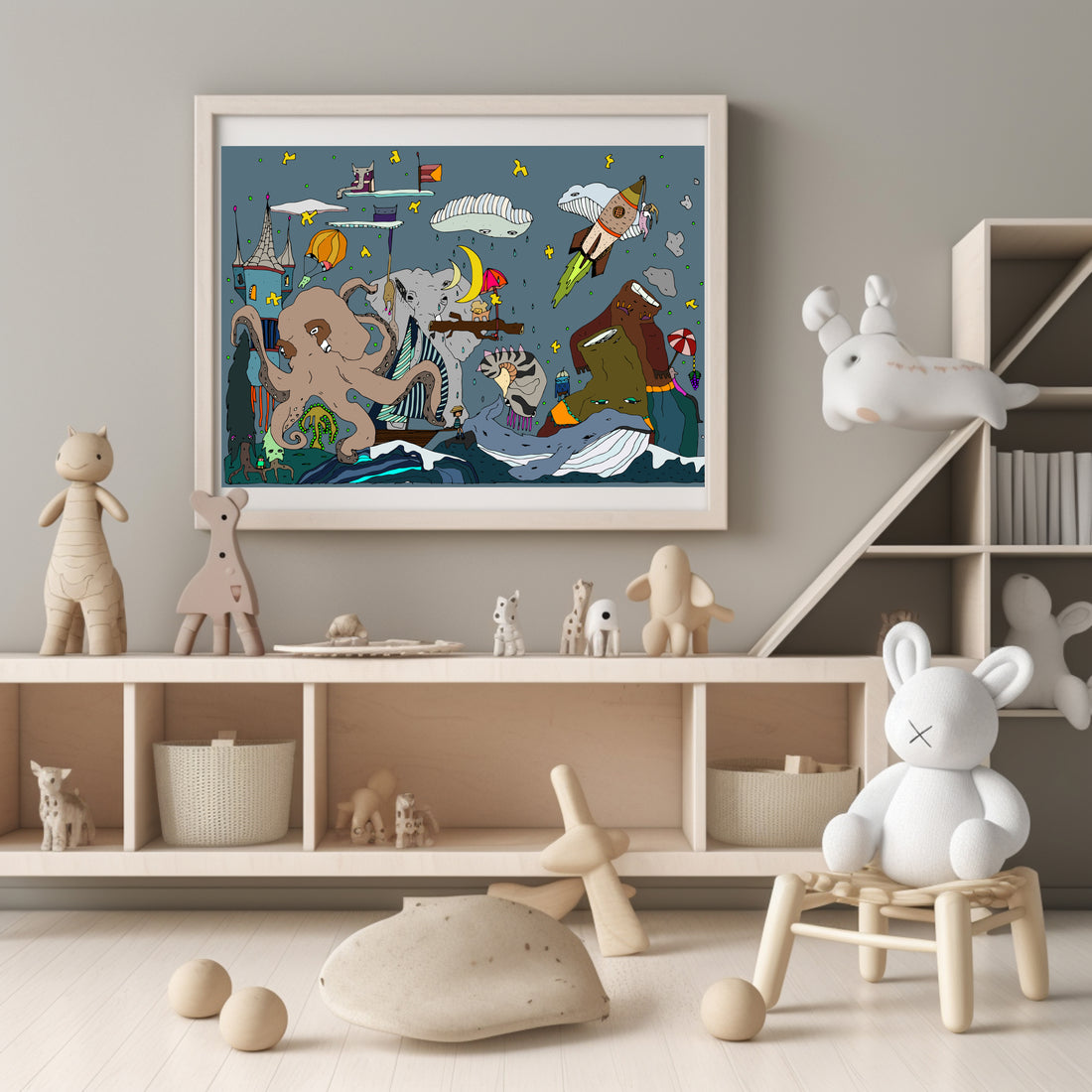CONNECTION CARDS
CONNECTION CARDS MADE WITH LIC. PSYCHOLOGIST

EMOTIONAL POSTER
POSTERS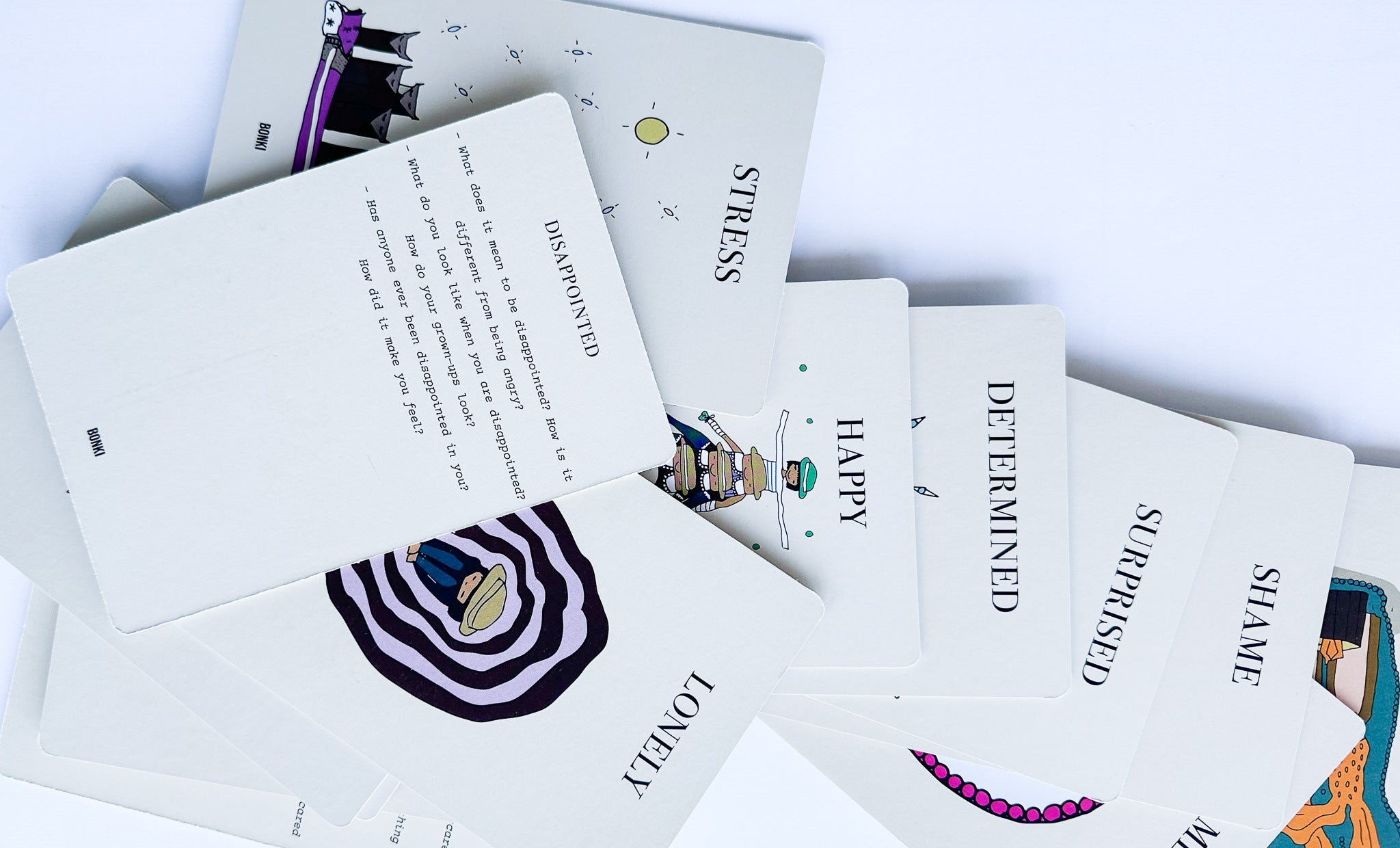
OUR MODEL
1. Me in me
Prevent mental illness and strengthen your child's emotional development. Teach your child to identify and regulate emotions with Connection Cards 1 (from 3 years).
Connection Cards 1 is a simple but effective tool for promoting children's emotional and social development. Connection Cards are often found in psychiatry, but our Connection Cards are designed for families to get closer to each other in a relaxed and fun way and strengthen children's self-esteem and promote mental health.
To store2. Me with others
With Connection Cards 2 (from 6 years old) you help your child self-regulate their emotions and resolve conflicts. Get your child to talk and strengthen emotional development.
Emotional and social development is a process that you can support your child in. Using the tool Connection Cards 2 (from 6 years old) is a simple and intuitive way to get closer to your child and support them in learning to self-regulate their emotions.
To store3. ME IN THE WORLD
With Connection Cards 3 (from 12 years old) you help your child strengthen self-esteem and deal with the pressures of the world. Help your youth promote mental health!
What we cannot verbalize, we cannot process. With Connection Cards 3 (from 12 years old) as support you create nice and rewarding conversations with your child or young person while promoting emotional and social development.
To store
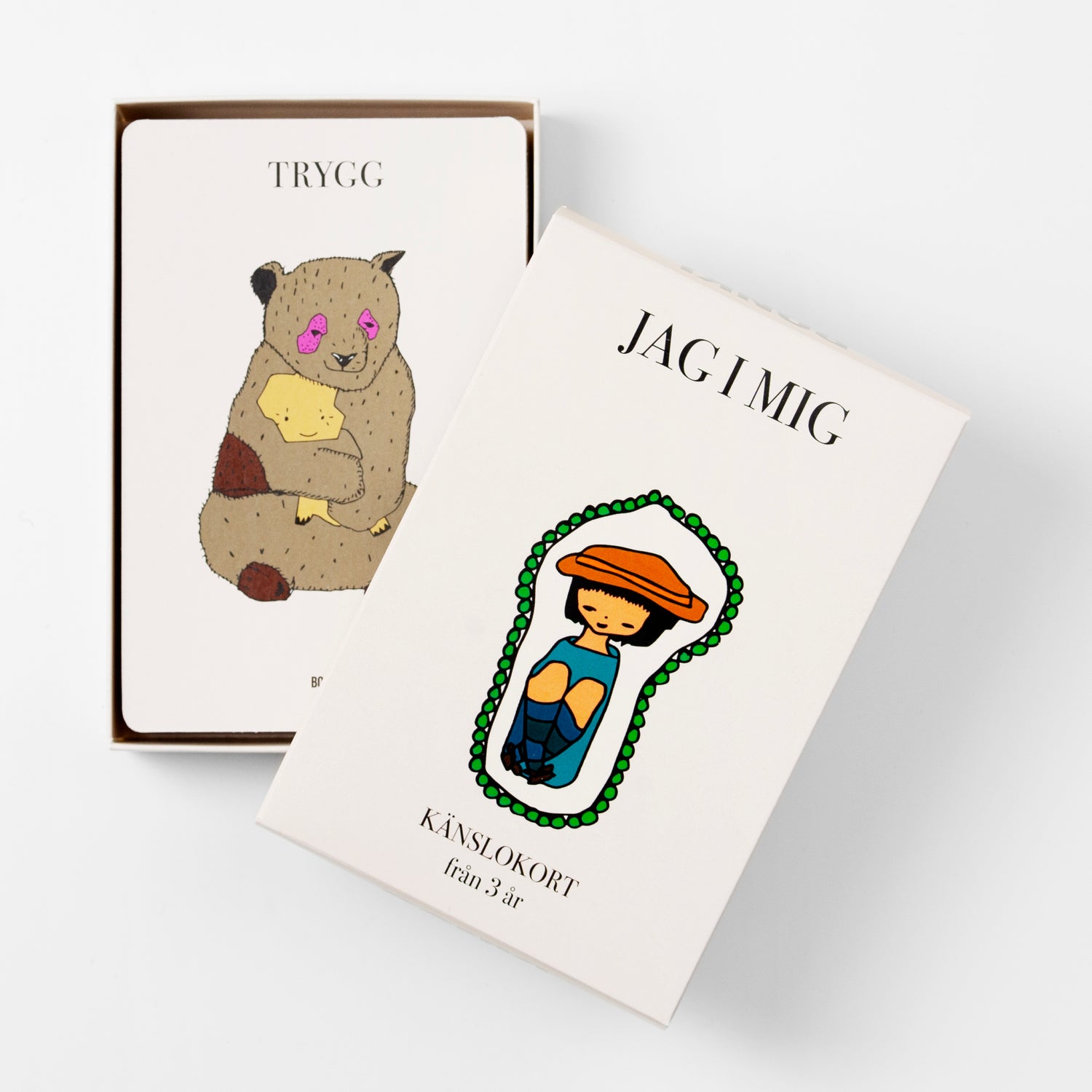
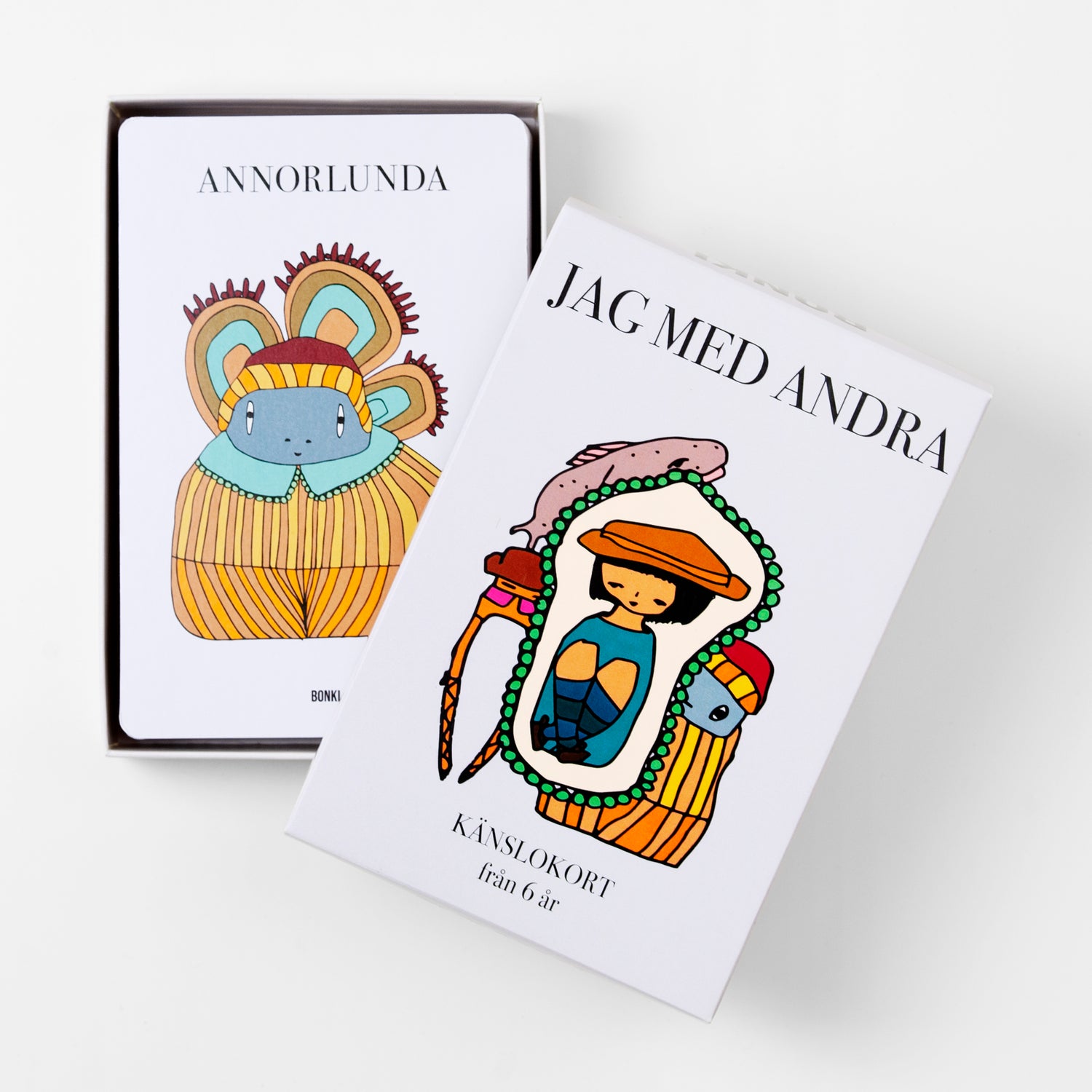
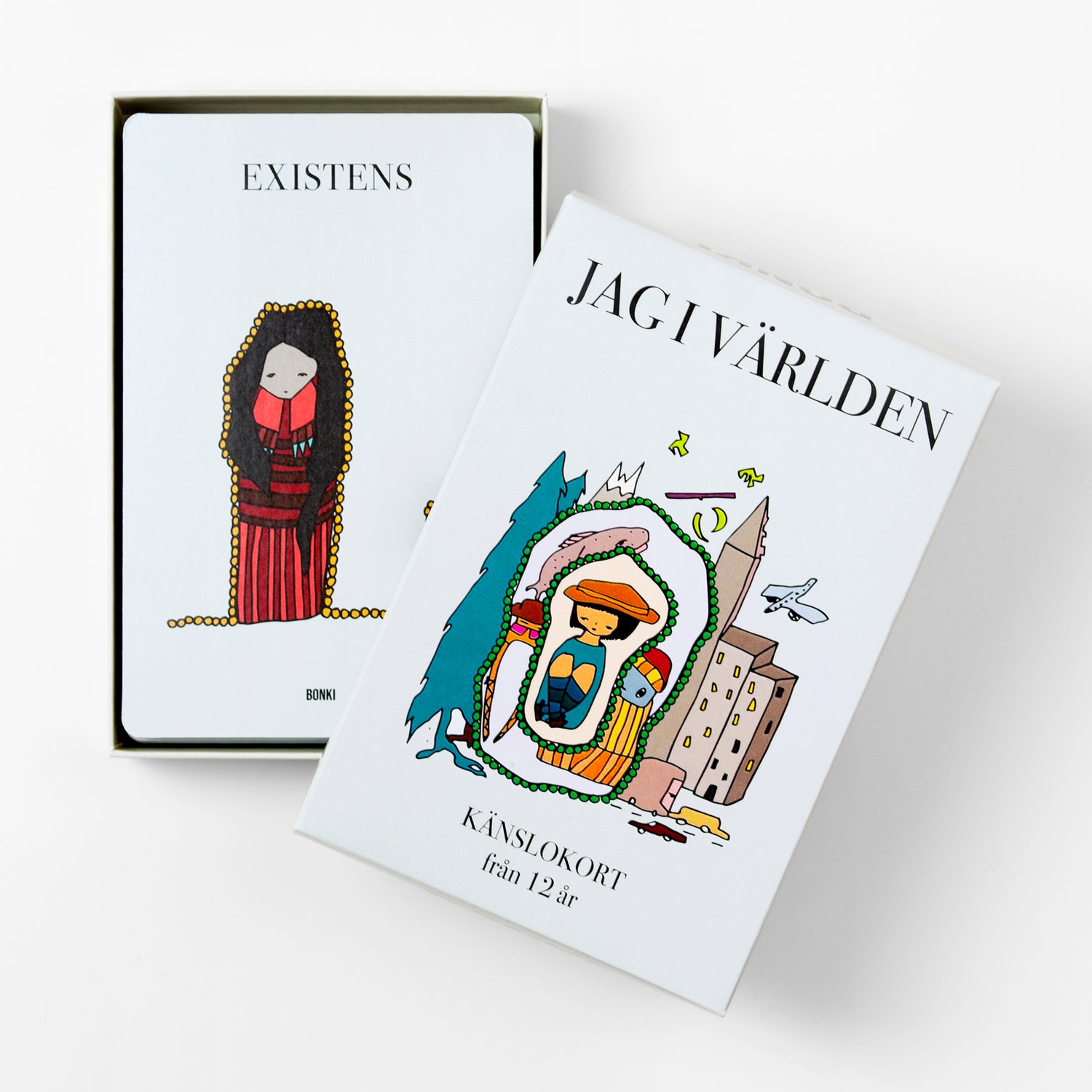
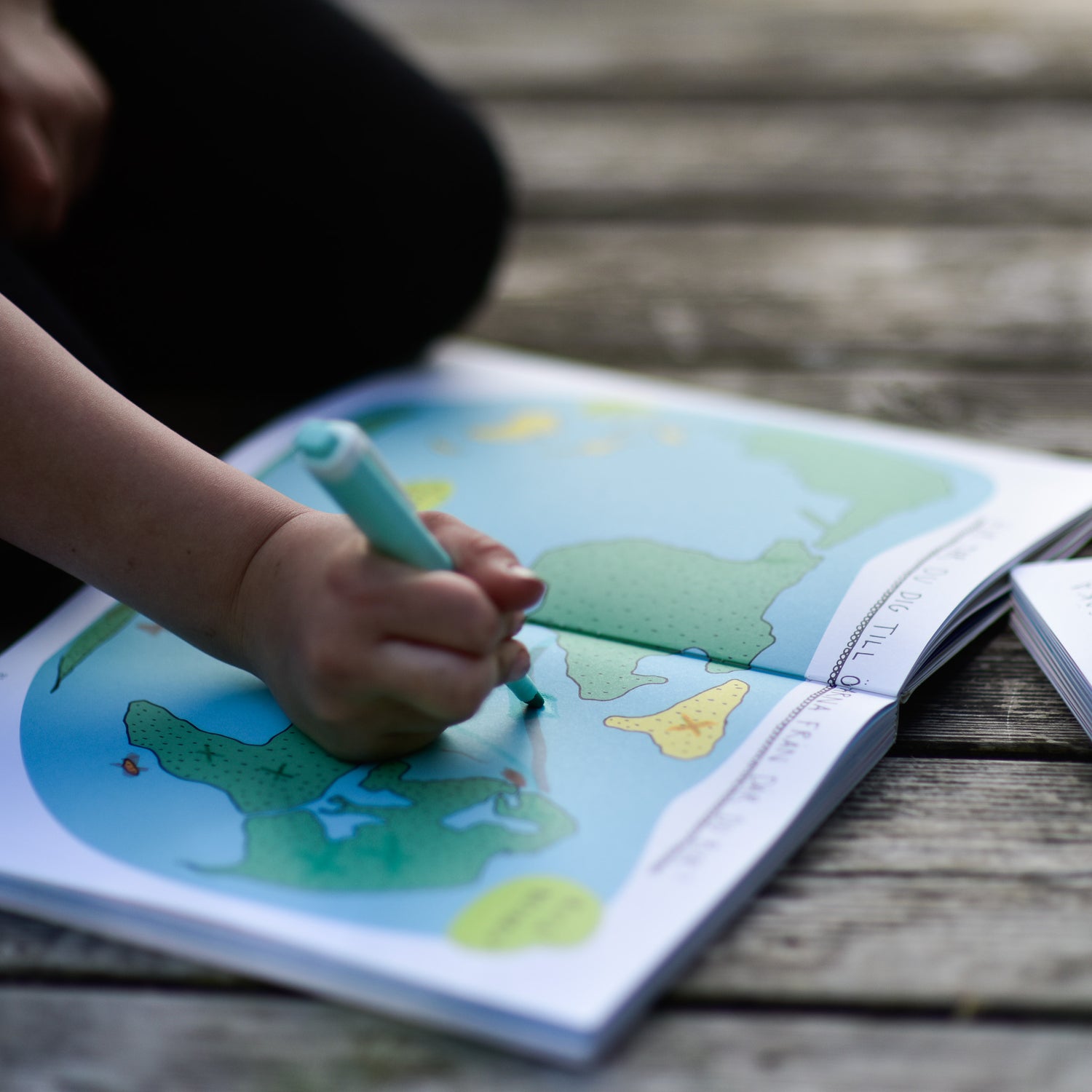
THE CRAFTSMANSHIP BOOK
Creative and engaging craft book for your curious child
children.
Support your child's emotional development through play!
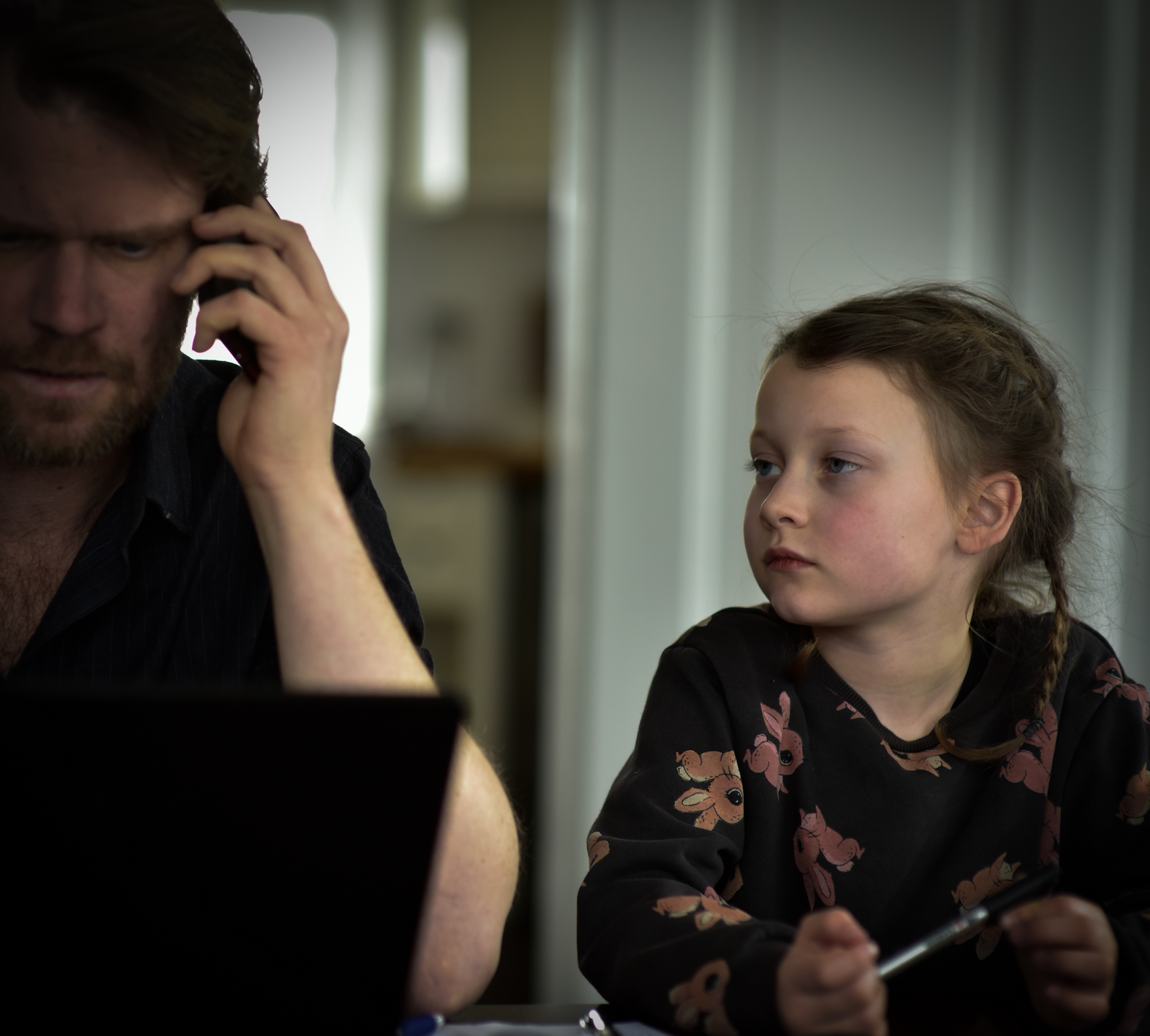
By licensed psychologist Ida Welbourn







